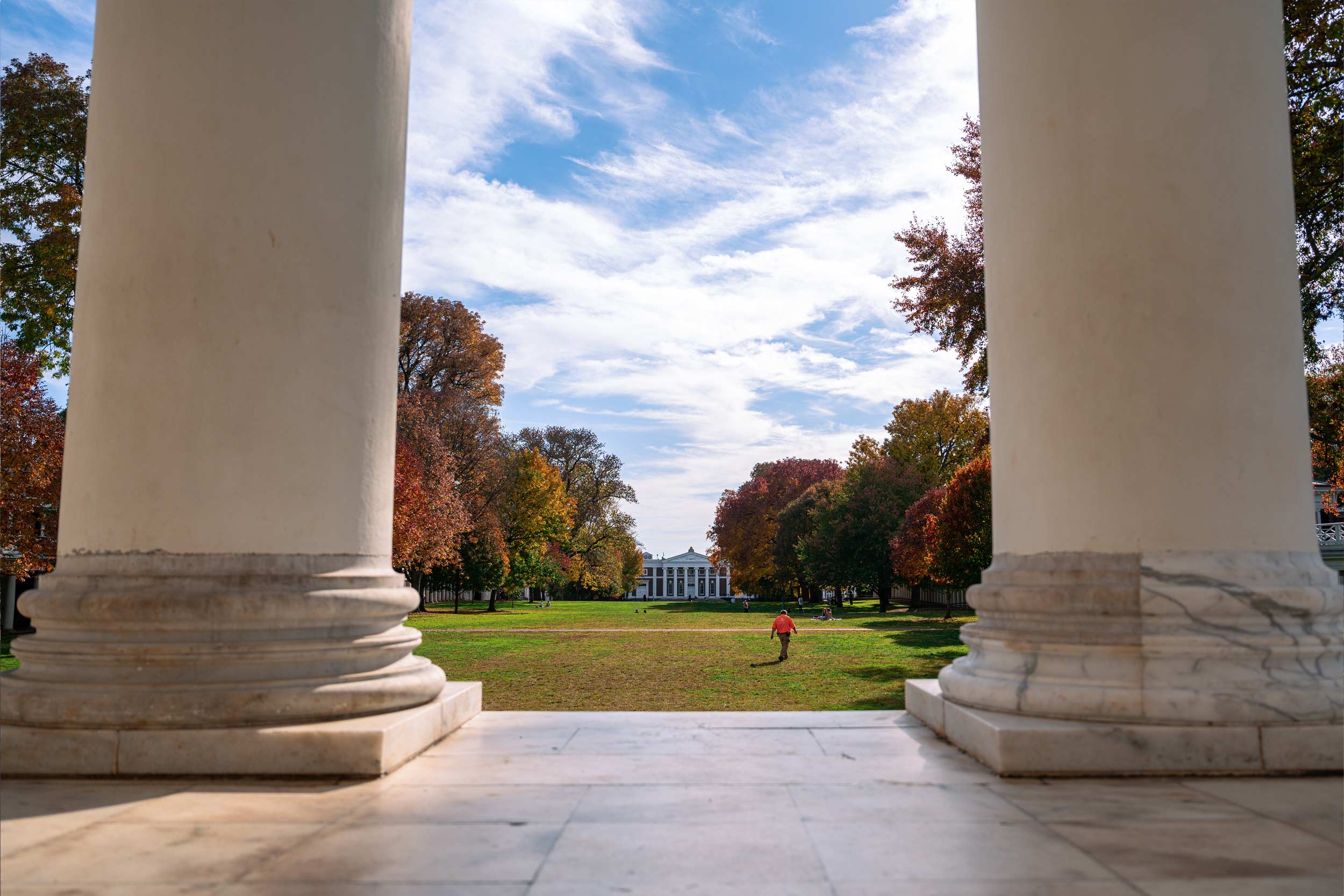That commitment to access continues to grow, thanks in part to the philanthropic generosity of alumni and friends of the University.
During Friday’s Board of Visitors meeting, Ryan announced that AccessUVA will provide a higher degree of grants – which do not have to be repaid – to low- and middle-income Virginians.
The expansion means UVA will cover the full cost of tuition and fees for in-state undergraduate students with family income of less than $100,000, up from $80,000. And UVA will now cover the full cost of tuition, fees, room and board for Virginians from families with incomes of less than $50,000. The previous level for covering the full cost of attendance was for Virginia families with income of less than $30,000.
UVA will provide tuition grants of $2,000 to Virginia families with income of less than $150,000, an increase from the current income level of $125,000.
UVA will continue to cap need-based loans over four years at $4,000 for low-income Virginians, and at $18,000 for other Virginians with need. Loans for non-Virginians with need are capped at $28,000 over four years.
Two-thirds of UVA undergraduates earn their degrees without incurring any need-based loan debt.
The board also approved housing and dining rates, graduate and professional tuition and fees for the next academic year. Graduate and professional rates are program-specific and based on market comparisons, instructional and programmatic costs, as well as student demand and outcomes.
For the University of Virginia’s College at Wise, board members voted to hold undergraduate tuition flat for in-state students with no increase for each of the next two academic years. The college on average receives a much higher percentage of state funding for its overall costs than the academic division in Charlottesville, and received a significant increase in the 2022-24 biennial state budget.
For out-of-state students at UVA Wise, the board voted to decrease undergraduate tuition by 17% for the 2024-25 academic year, with no change the following academic year. The tuition rate reduction brings UVA Wise’s costs for out-of-state students more in line with the college’s regional and national competitors.










